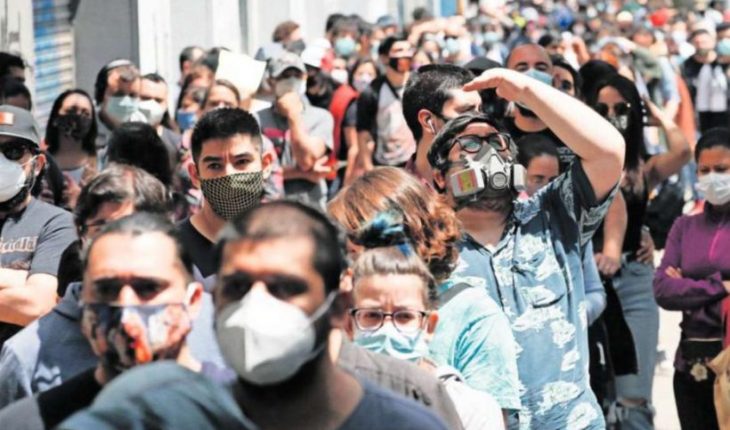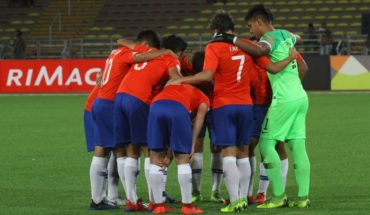With 99.02% of the vote counted, 7,492,500 people attended to vote for the historic plebiscite held yesterday in the country, equivalent to a 52.3% turnout of the electoral roll. As if to get an idea, in 1988 when 97% of the registered electorate voted to vote, 7,251,933 voted.
“The morning thing was clearly agglomeration. The stake, so far, is around 50%. The optical illusion occurred because the crowding occurred outside the polling stations and not within them. It was not a super participation, as it came close to what was achieved in the second round of 2017,” said U. de Talca political analyst Mauricio Morales.
On the historic day, 100% of the tables were counted, i.e. the 44,697 that were enabled.
Overseas, on the other hand, 98.63% of the tables were opened. Three of the existing 219 could not be installed.
During the morning, the president of the Electoral Service (Servel), Patricio Santamaría, augured a high vote. “We are seeing from the reports we receive that there is a lot of involvement especially from young people,” he said on T13 Radio.
Voluntary vote
Since the automatic registration and voluntary voting act was published (January 2012) three elections had been held. Yesterday’s plebiscite was fourth.
In 2013 the first election was made with this modality. It significantly increased the standard by automatically enrolling all citizens who were eligible to vote. In that instance, President, senators, deputies and Cores were elected, as well as a mid-year presidential primary in which 3,010,890 people voted, equivalent to 22.1% of the standard.
In the first round that turn that participation reached 49.3%, which fell in the second round with 41.9%.
In 2016, mayors and councillors were elected. So the electoral roll was 14,121,316 people but only 4,926,935 voted, or a 34.8% share.
In 2017, when the current President Piñera was elected, the electoral roll was 14,308,151 and in the first round 46.8% participated. In the second round that number dropped to 39.8%.
Democratic tradition
With the streets full from early and long lines in polling stations, the Government highlighted high participation.
“I believe that Chile’s democratic tradition around us today is again demonstrated that we are able to resolve our differences around voting, to the Plebiscite who will point to a new roadmap depending on the outcome,” Said The Secretary-General of the Presidency, Christian Monckeberg. “Today Chile wins, today democracy, citizenship wins, there is the triumph (…) We took out the grime to make the plebiscite flawless,” he added.
From a health perspective, the Undersecretary of Healthcare Networks, Arturo Zúñiga, rescued that the obligations to wear mask, blue pencil and application of alcohol gel were almost entirely fulfilled. Not so the social distance, which cost a little more.
However, he stressed that “we have had a high participation, so very happy that in the middle of such a pandemic a plebiscite with this magnitude of participation has been possible”.
President Sebastián Piñera, from La Moneda and after learning about the result, highlighted the behavior and thanked the Ministry of Defense, the Armed Forces and all the actors of the day.
translated from Spanish: More than 7 million voted in the plebiscite and are positioned in the country’s highest holdings
October 26, 2020 |





